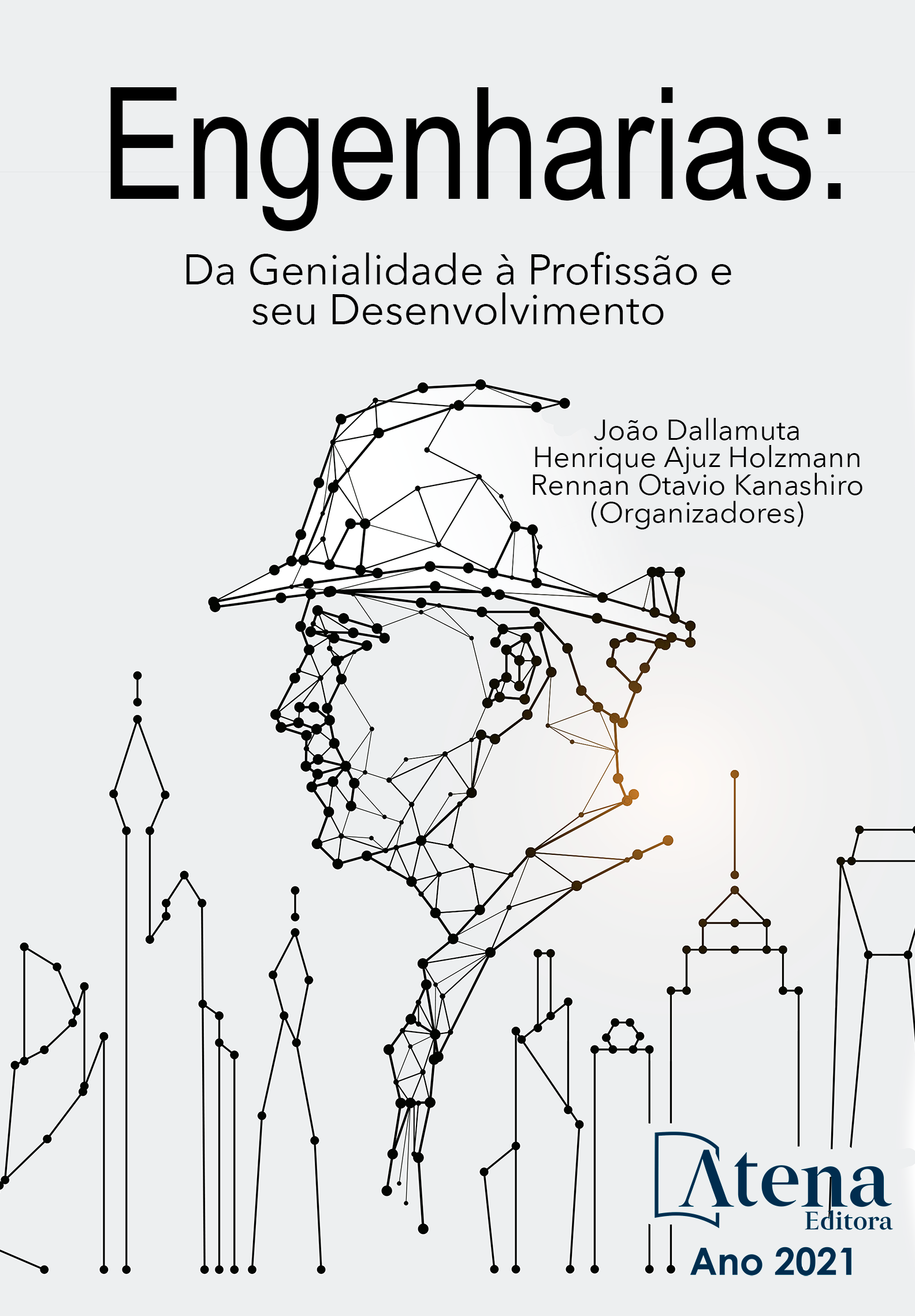
ESTABILIZAÇÃO DE UM SOLO PLÁSTICO COM O USO DO RESÍDUO DE GESSO ACARTONADO DA INDÚSTRIA DE DRYWALL PARA APLICAÇÃO EM PAVIMENTAÇÃO
A utilização do sistema Drywall em vedações e forros teve uma rápida difusão no setor da construção civil nos últimos anos. Tal crescimento, contudo, carrega consigo a problemática de geração de resíduos do sistema produtivo e sua consequente destinação, preocupação agravada pelo fato de o gesso ser um composto de sulfato de cálcio, cuja deposição irregular na natureza pode contaminar solos e águas. Diante do exposto, o presente trabalho teve o objetivo de avaliar a viabilidade da estabilização de um solo plástico da Região Metropolitana do Cariri com o uso do resíduo das placas de gesso acartonado para o emprego em camadas de base e sub-base de rodovias. A metodologia consistiu na realização de ensaios de caracterização do solo e do resíduo de gesso e caracterização mecânica das misturas de solo/gesso, variando o teor do resíduo (5%, 10% e 15% em peso) e o tempo de cura (0 e 14 dias). As misturas foram submetidas a ensaios de limite de consistência, Índice de Suporte Califórnia e módulo de resiliência. Foi observado que a estabilização com gesso não promoveu incremento de resistência, pois reduziu os valores de ISC enquanto manteve inalterado o comportamento resiliente da amostra de solo. Por outro lado, o gesso reduziu a plasticidade do solo, chegando a quase 0% com a adição de 15% de resíduo de gesso. Conclui-se que a estabilização de solo com gesso não calcinado não foi satisfatória do ponto de vista da resistência mecânica, sendo recomendada um estudo mais aprofundado com esse material sendo previamente tratado por meio da calcinação. Vale ressaltar que esse artigo corresponde a uma versão apresentada na 34° ANPET (Congresso de Pesquisa e Ensino em Transportes).
ESTABILIZAÇÃO DE UM SOLO PLÁSTICO COM O USO DO RESÍDUO DE GESSO ACARTONADO DA INDÚSTRIA DE DRYWALL PARA APLICAÇÃO EM PAVIMENTAÇÃO
-
DOI: 10.22533/at.ed.7182112058
-
Palavras-chave: gesso, drywall, resíduos, solos, plasticidade, estabilização.
-
Keywords: gypsum, drywall, residues, soils, plasticity, stabilization.
-
Abstract:
The use of the Drywall system in fences and ceilings has spread rapidly in the civil construction sector in recent years. Such growth, however, carries the problem of generating waste from the production system and its consequent destination, a concern that is due to the fact that an item is composed of calcium sulfate, whose irregular exposure in nature can contaminate soils and water bodies. In view of the above, the present study aimed to assess the feasibility of stabilizing a plastic soil from the Metropolitan Region of Cariri with the use of gypsum board residues for use in base and sub-base layers of highways. The applied methodology consisted on characterizing the soil sample and the gypsum residue and performing the mechanical characterization of gypsum/soil mixtures, varying the residue content (5%, 10% and 15%) and curing time (0 and 14 days). The mixtures were submitted to consistency limit tests, California Bearing Ratio and Resilient Modulus test. It was observed that the stabilization with gypsum did not promote an increase in resistance, as it reduced the CBR values while keeping the resilient behavior of the soil sample unchanged. On the other hand, gypsum reduced the plasticity of the soil, reaching almost 0% with the addition of 15% gypsum residue. It is concluded that the stabilization of soil with non-calcined gypsum was not satisfactory from the point of view of mechanical resistance, being recommended a further study with this material being previously treated by means of calcination. It is worth mentioning that this article corresponds to a version presented at the 34th ANPET (Congress of Research and Teaching in Transportation).
-
Número de páginas: 13
- Lilian Medeiros Gondim
- LOURENA FERREIRA UCHÔA


